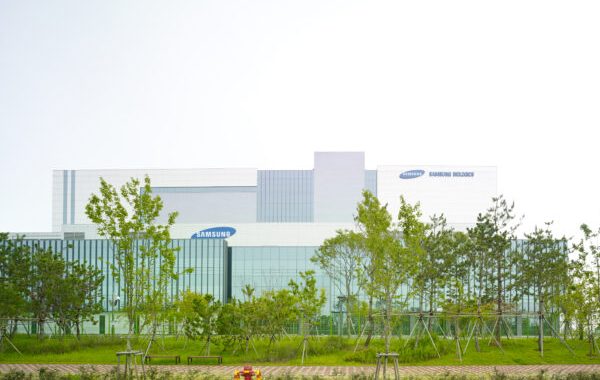
An executive from the biologics arm of Korean conglomerate Samsung faces arrest as part of a probe into the company’s accounting practices.
The Korean wire service Yonhap News Agency reported Wednesday that a court in Seoul issued an arrest warrant for the executive from the Incheon, Korea-based contract manufacturing organization Samsung BioLogics, a senior executive vice president surnamed Lee. The arrest is part of an accounting scandal in which Samsung BioLogics allegedly inflated its value ahead of its 2016 initial public offering, after which executives from the company – led by CEO Kim Tae-han – destroyed evidence of the maneuver. Kim appeared in court two weeks ago in Seoul for a hearing to determine whether to issue a warrant for his arrest. Lee is the eighth Samsung BioLogics executive to be arrested.
It is alleged that Lee decided at a meeting on May 5, 2018 to destroy or manipulate documents and accounting data for Samsung BioLogics and also Samsung Bioepis, a joint venture it has with Cambridge, Massachusetts-based biotech company Biogen. The news agency quoted the judge as expressing concern Lee may try to destroy evidence.
The joint venture between Samsung and Biogen was formed in December 2011, with Samsung owning an 85 percent stake and Biogen owning 15 percent.
It is alleged that Samsung BioLogics changed the method it used to calculate the value of its stake in Samsung Bioepis, resulting in Samsung BioLogics reporting a sudden profit in 2015. The alleged fraud amounts to 4.5 trillion won, or $3.9 billion.
Samsung BioLogics and Samsung Bioepis did not respond to requests for comment. Biogen declined to comment.
Samsung Bioepis’ main focus is on biosimilars. It currently markets several in the U.S., including Eticovo (etanercept-ykro), a biosimilar of Amgen’s autoimmune disease drug Enbrel. Another is Ontruzant (trastuzumab-dttb), a biosimilar of Roche’s Herceptin. Other product candidates in its pipeline include biosimilars of Roche’s cancer drug Avastin (bevacizumab) and eye drug Lucentis (ranibizumab) and Alexion’s Soliris (eculizumab), used to treat rare blood disorders. It is also developing a novel biologic, ulinastatin-fc, for digestive system disease.
Photo: Samsung BioLogics

